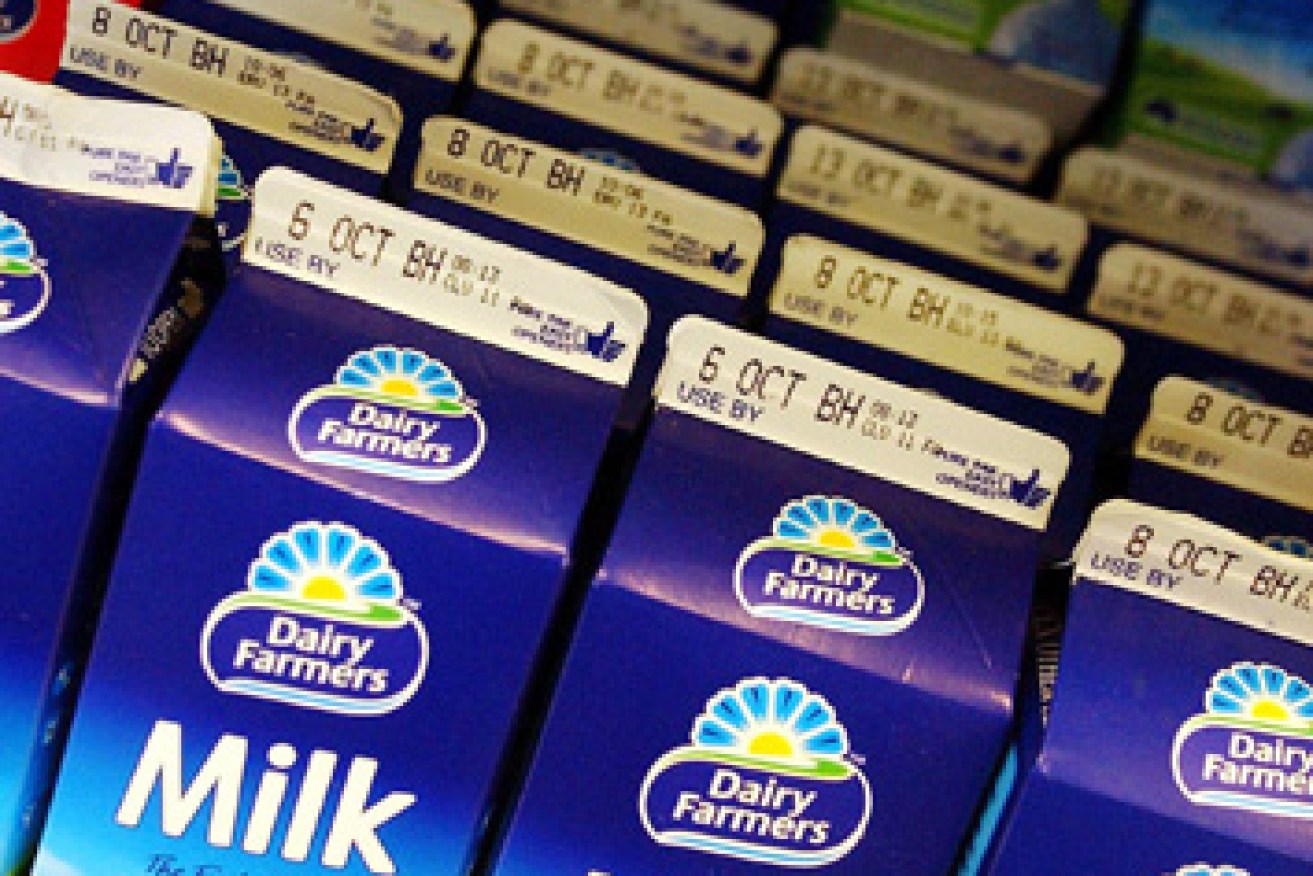The hidden cost of cheap food: what the supermarkets don’t tell you


AAP
While Australian shoppers benefit by paying less at the checkout, a new book uncovers the real cost of chasing the discount dollar – suppliers are bullied, farms are consolidated leaving farmers out of work, and choice and quality for consumers falls away.
Malcolm’s Knox’s book, Supermarket Monsters: The Price of Coles and Woolworths’ Dominance also reveals the secrets used by Australia’s two supermarket giants to extend the reach of their power.
It exposed the supermarket duopoly that he says controls the way Australians spend their money and how their power threatens the whole retail industry.
• Buy a copy of Supermarket Monsters here
• Woolies ‘morally’ responsible for farm workers
• Move over Aldi. A cheaper store is on the way
• Woolworths, Aldi and Coles: who wins the price war?
Mr Knox, former literary editor of the Sydney Morning Herald, said it was concerning that Coles and Woolworths now ruled Australia’s retail landscape in hardware, petrol, merchandise, liquor and groceries.
“The supermarket companies have become so large and so powerful, more or less anything they do has the effect of lessening the competition,” Mr Knox said.

Malcolm Knox says Coles and Woolworths have exploited their market powers.
“They are like bulls in a china shop – they have good intentions but they can’t help but have a bullying impact because they have so much dominance.”
Mr Knox revealed the often intimidating tactics both companies used to get their way with farmers, suppliers and employees.
These ranged from their infamous “trade spend” practices, including charging suppliers for shelf space and requiring them to pay “voluntary” marketing kick-ins, through to taking legal action against dead employees.
“Coles got caught out with a big program to pressure suppliers into paying ‘trade spend’ which is a rebate that suppliers pay back to a retailer for information on dates, or better shelf space,” he said.
“They targeted medium-sized, vulnerable suppliers whose main business went to supermarkets and demanded extra rebate from them.”
Mr Knox used Red Bull as an example, and said Coles requested $400,000 in “trade spend” from the company. The total value of product supplied to Coles didn’t even reach $400,000.
The matter was investigated by the Australian Competition and Consumer Commission. Coles lost a case at the High Court of Australia, fined $10 million and ordered to repay $16 million they had raised.
Change on the horizon?
Mr Knox hoped the book would educate the population and be a first step of many towards change within the industry.
He said he was first prompted to investigate Coles and Woolworths during the 2011 ‘milk wars’ where the duopoly were racing each other to discount milk.
His brother, a dairy farmer in country Victoria, had been relaying stories of woe from other farmers about the way they were being treated by the two companies.
Thirty years ago Australia had 30,000 dairy farms, of which 75 per cent were family-owned, employing 60,000 people. Now it has 7500 farms, the majority owned by foreign companies, employing 21,000 workers.
“I was hearing that farmers who won contracts with Coles or Woolworths, that during their contract period, they were getting reduced terms and less income,” Mr Knox said.

Dairy farmers suffered during the ‘milk wars’. Photo: AAP
“What it meant for them was they would cut back on investment and jobs; they would do everything they could to keep their profitability alive.
“If these were the ones doing well and they were struggling, what was happening to the farmers outside of Coles and Woolworth’s network?”
Mr Knox said the future was bleak for consumers, as food prices would eventually inflate globally, with Australia feeling the impacts.
“Food will cost us more, and Coles and Woolworths won’t be able to screw its suppliers as much as they have been.
“Eventually they are going to have to use their powers to squeeze more out of us, the consumers.”
A Woolworths spokesman sought to distance the retailer from its competitor Coles over the milk issue.
“We do not buy milk from farmers, but rather with processors who determine the price they pay farmers,” he said.
“We have recently entered into long-term contracts in many states that allow processors and farmers to invest in their businesses with certainty.”
Likewise, Coles said through a spokeswoman that a long-term price has been set on their brand of milk since 2014 with Devondale-Murray Goulburn and Norco.
“These contracts have led to the most significant investment in dairy processing technology in Australia since deregulation of the industry and have helped to create jobs and drive confidence,” the spokeswoman said.
Legislative changes
Independent Senator Nick Xenophon launched the book in parliament on Monday, which backed his long-time grocery giant campaign to stamp out exclusivity arrangements by major supermarket chains.
Mr Xenophon on Monday moved for legislative changes to Australia’s competition laws, that would dramatically improve access to justice and outlaw supply chain exclusivity arrangements that major supermarkets “have been insisting on”.
“Malcolm Knox’s brilliant work exposes not only the power of Coles and Woolworths but also the failure of successive governments to tackle the problems this causes,” Mr Xenophon said.








